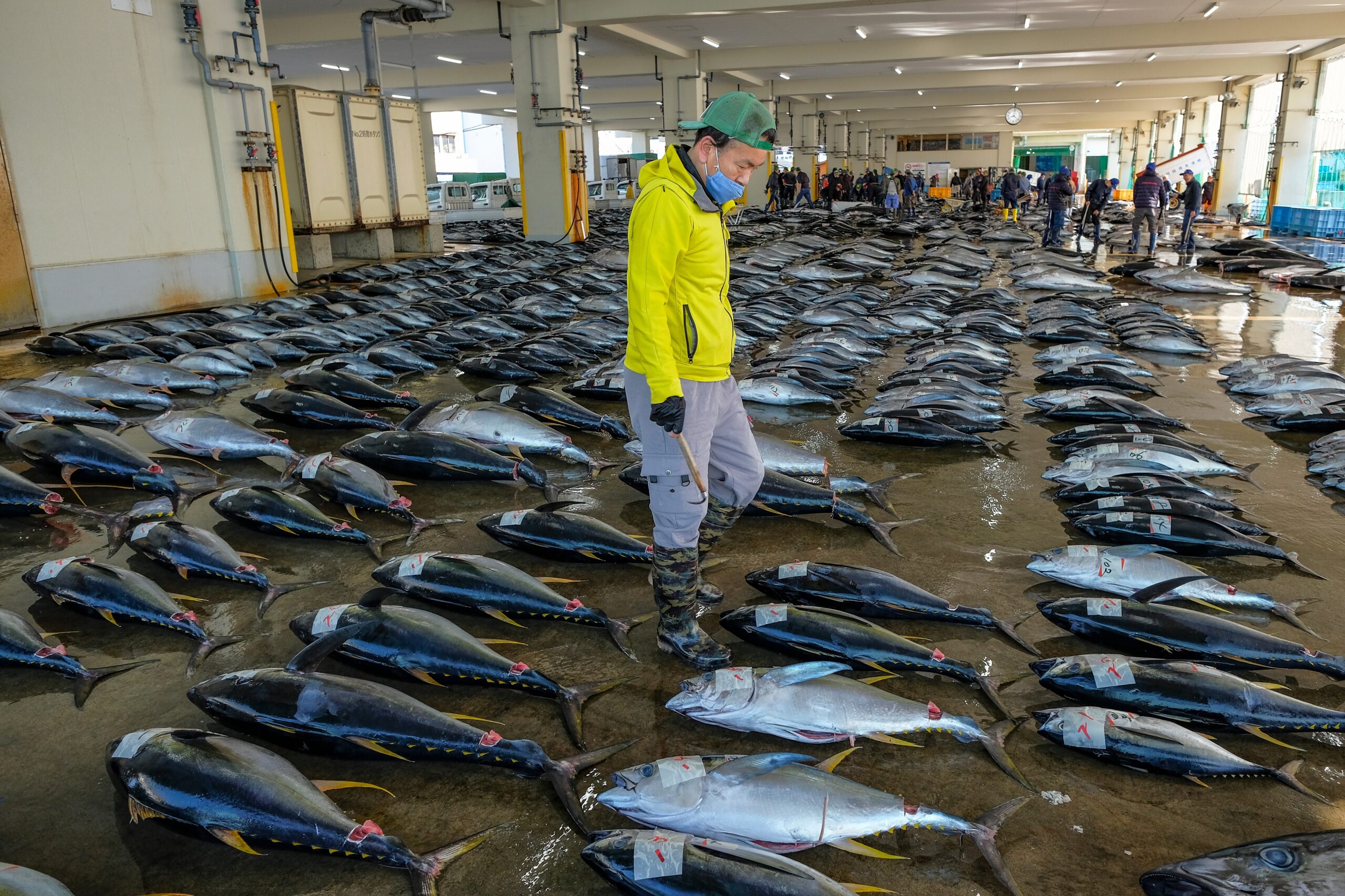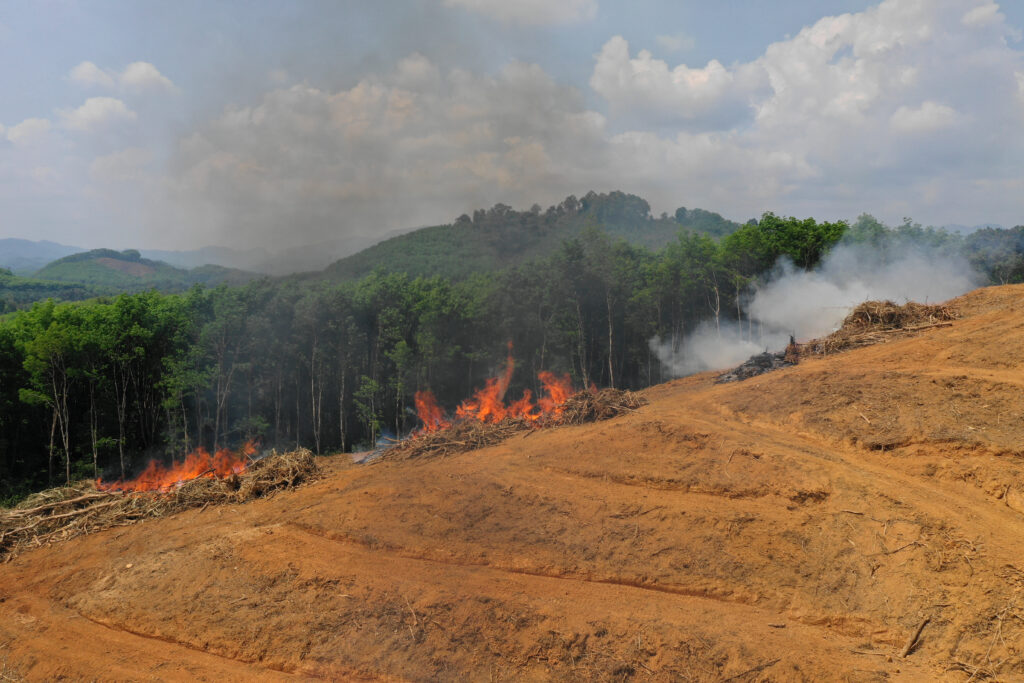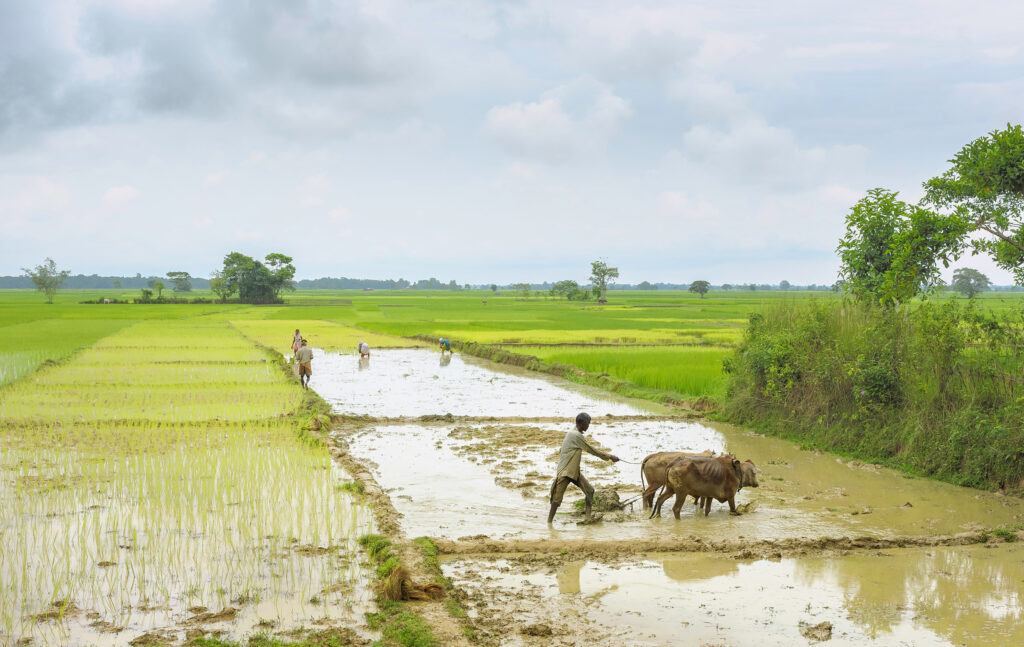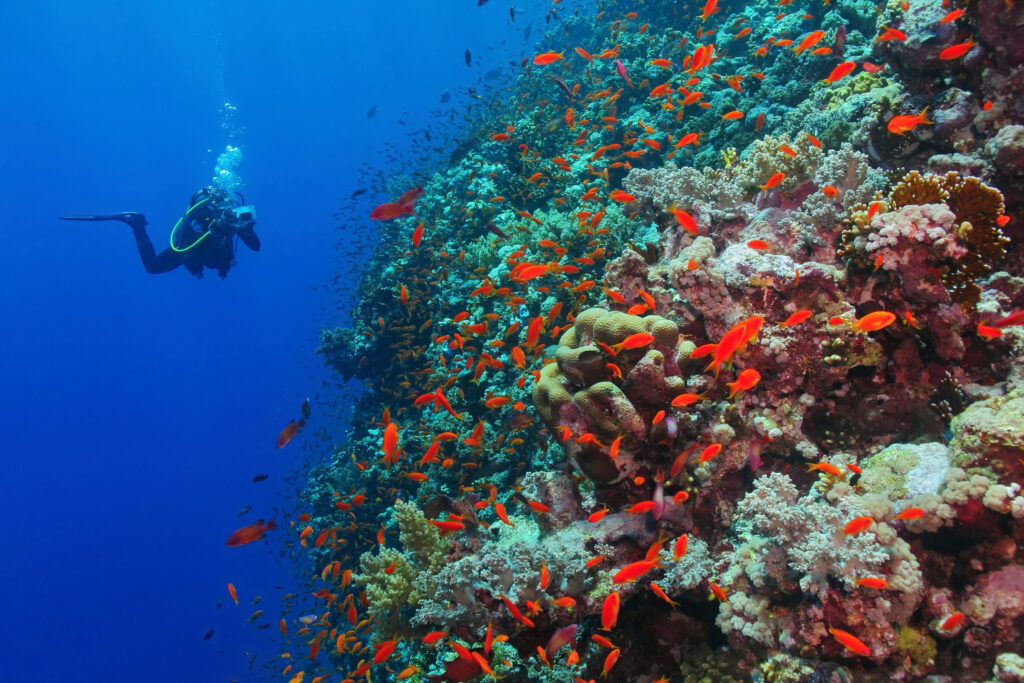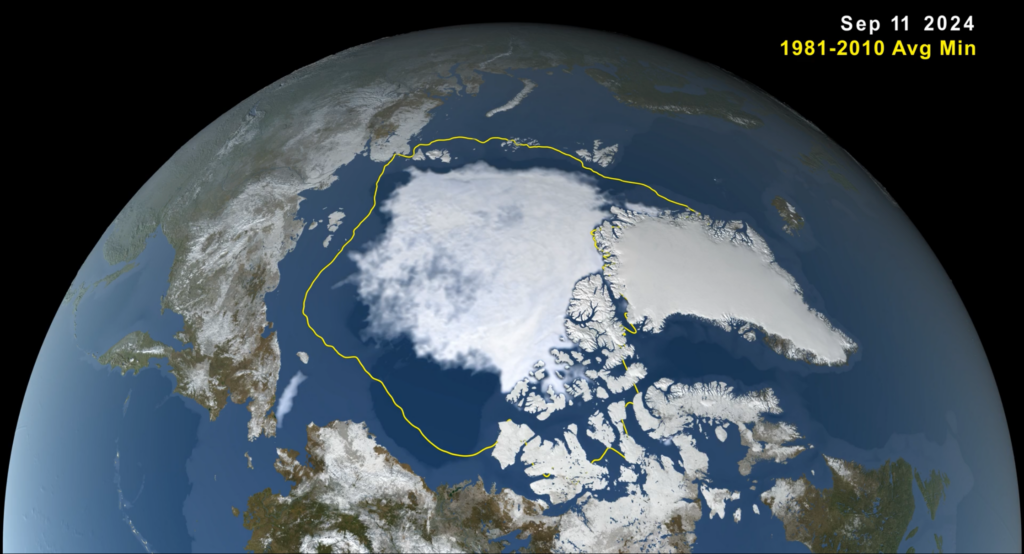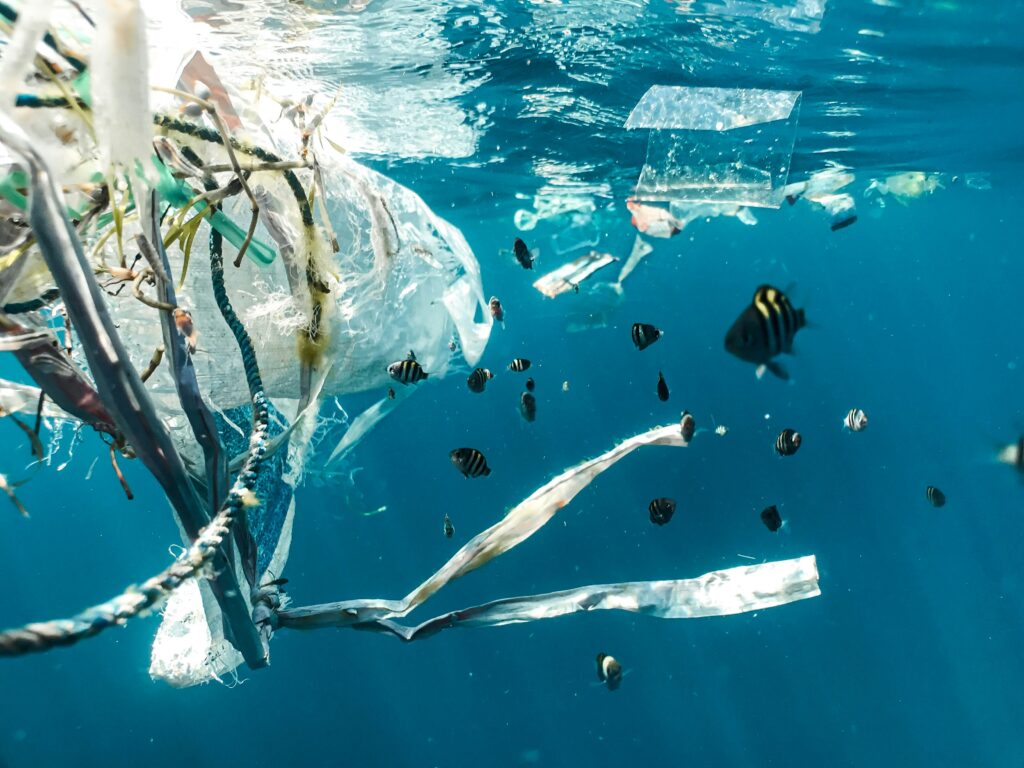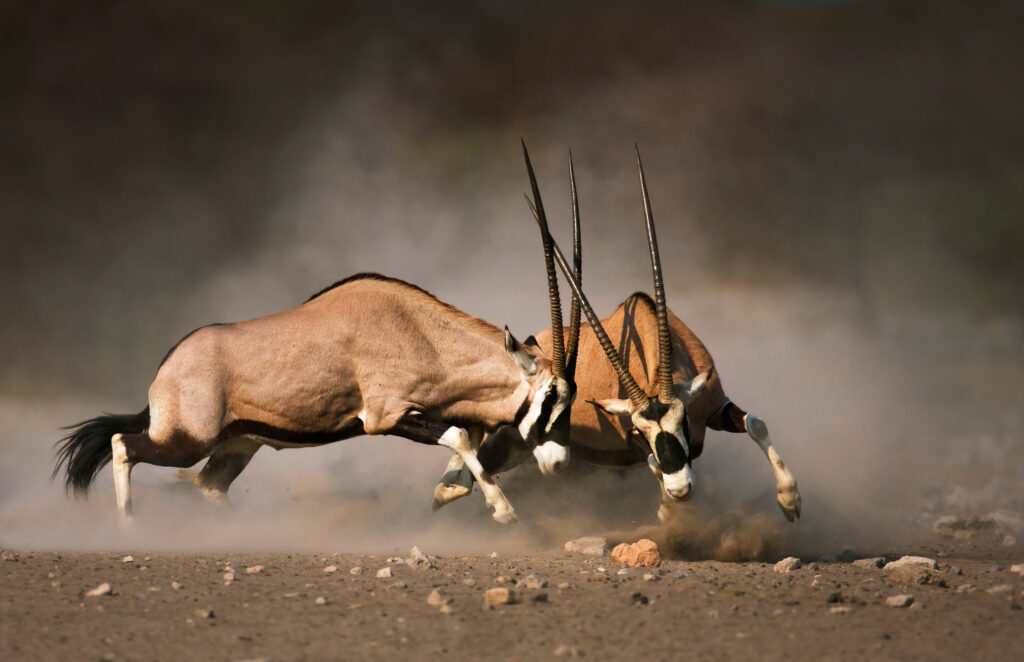It was not uncommon for early explorers to view the oceans’ fish stocks as limitless. Indeed, even today, the ocean’s vastness gives off a sense of awe. Yet, fish stocks across the globe are not in good shape. The once limitless ocean is now quickly depleting, with some areas left lifeless and several species of fish unable to recover due to overexploitation.
While historical records are few and far between, some illustrate the plight of many fish species. For example, in Canada, records for cod catches go back to 1508 – with the tonnage steadily increasing until its peak in 1968, when over 810,000 tonnes were caught. Shortly after, cod catches plummeted. In 2019, only around 10,500 tonnes were captured. Similarly, in the United Kingdom, total fish catches peaked pre and post-World War II at about 800,000 tonnes but crashed to 148,000 tonnes in 2007.
In other parts of the world, anecdotal evidence from fisherfolk is also telling. In the coastal Indian city of Chennai, fishermen like 59-year-old Palayam say their lives have irreversibly shifted due to declining stocks of once-abundant species like the Indian salmon. Palayam says he used to regularly draw in 10 kilos worth. Today, he says, two kilos is considered a big haul.
The dire situation facing fish species is spurring initiatives worldwide like “sustainable fishing”. Advocates hope these initiatives, numerous in their scope, success and ambition, will help some species recover from overfishing. In Palayam’s home city of Chennai, such an experiment was trialled in a luxury restaurant named Sea Salt. According to Harish Rao, one of the chefs involved in the trial, the restaurant vowed to only source local fish from nearby fishing communities that were line-catching fish. This was an alternative to industrial suppliers that used trawlers and dragnets. Other conditions, like only catching adults from species not facing population issues, were also set.
Species like the seer fish – locally known as Vanjaram – are common in seafood dishes in the region, but Chennai’s Sea Salt excluded it due to the species facing immense population pressures from overfishing. Alternatives, like emperor fish, barracuda and parrot fish, were used instead. The decisions were made by also consulting local fishing communities based on the notion that small-scale operations by local fisherfolk are more attuned to fish populations and ecological realities.
According to K. Saravanan, the treasurer of the Urur Koopam Fishermen Cooperative Society in Chennai, small-scale fishing operations are vastly more sustainable than their industrial counterparts.
“Small fishermen use fibre boats and are aware of how to fish without hurting the local ecosystem,” said Mr. Saravanan. He added that small-scale fishermen ensure that juvenile fish are not caught and that they are returned to the ocean if caught. The same went for sharks and dolphins. This is, according to Mr. Saravanan, because of the fishermen’s relationship with the sea.
The Problem With Government Subsidies and Overfishing
Chennai’s example is an outlier. Much of the globe’s fishing practices are woefully behind, and overfishing remains a serious challenge. Seriously enforcing laws to prevent overfishing, along with dramatic species management plans and aquaculture practices, would help. But, this is a far cry away from widespread practice. A 2020 Food and Agriculture Organisation report on the state of global fish stocks makes it clear that fish are in trouble. It said that around a third of global fish populations are overfished, with the overall proportion of fish numbers at sustainable levels continuing to decline.
Much of the problem of overfishing comes from enormous government subsidies. They reduce the costs of harmful fishing practices that would otherwise not be profitable. China, for example, operates the largest overseas fishing fleets on the planet and, in the past decade, increased subsidies by 105%. The EU and countries like the US, Japan and South Korea also throw massive subsidies at the fishing industry.
Government support like this cheapens things like fuel and material costs that allow industrial trawlers to expand their reach with little oversight. Ultimately, this results in cheap seafood that scores of consumers unwittingly purchase with no knowledge of how or where it came from.
An attempt to end harmful subsidies culminated in 20 years of failed negotiations at the World Trade Organisation. But in 2022, a breakthrough was reached. A deal was struck between 164 member states to try to limit harmful subsidies. However, the deal, according to critics, does little in the way of creating disincentives to overfish and potentially leaves the door open for little to no change in current fishing practices.
In other areas, there are additional political and developmental dynamics at play. For example, small Pacific Island nations like Kiribati heavily rely on international fishing fleets using their waters to fish for tuna. In Kiribati, the income from its tuna fisheries is virtually the only form of foreign exchange that isn’t aid-related and strongly influences fisheries-related decisions. In 2021, after only five years of closing off commercial fishing in the Phoenix Island Protected Area, which is about the size of California, officials declared that they would reopen it for fishing. The decision was based on promoting the growth of its “blue economy” despite concerns surrounding Kiribati’s already depleting stocks. For developing countries attempting to diversify their economies, balancing development and ecological protection is far from easy.
The Future of Sustainable Fishing
In a similar vein to climate change, the plight of fish species and overfishing starkly show that the politics is still far behind the science. Initiatives like those in Chennai are few and far between but do show that the cracks and issues surrounding industrial fishing practices are becoming difficult to ignore. Change is afoot – but in the negative sense. Without a serious attempt at reversing the damage from overfishing, examples like those in the UK and Canada of fish catches and species collapsing could be the norm.
For countries reliant on fishing, like Kiribati, the sustainability of stocks must be considered for long-term growth and supply. Overfishing for short-term gains would be catastrophic in the long term for both ecosystems and economies. This would not only apply to ocean ecosystems but also to the millions of people and businesses reliant on the ocean’s bounty.
Ashley Crowther
Writer, Australia
Ashley has reported on and photographed key stories on climate change, social development and other issues throughout Asia for nearly a decade. His work has been commissioned and appeared in publications such as the Financial Times, Vice, Marie Claire, The Guardian and more, and NGOs including the UN Foundation. He is the author and lead photographer in Our Dark Materials: Black Carbon & the Himalayas and was part of the team that won The Society of Publishers in Asia (SOPA) award for Excellence in Human Rights Reporting in 2022.
Ashley has reported on and photographed key stories on climate change, social development and other issues throughout Asia for nearly a decade. His work has been commissioned and appeared in publications such as the Financial Times, Vice, Marie Claire, The Guardian and more, and NGOs including the UN Foundation. He is the author and lead photographer in Our Dark Materials: Black Carbon & the Himalayas and was part of the team that won The Society of Publishers in Asia (SOPA) award for Excellence in Human Rights Reporting in 2022.

